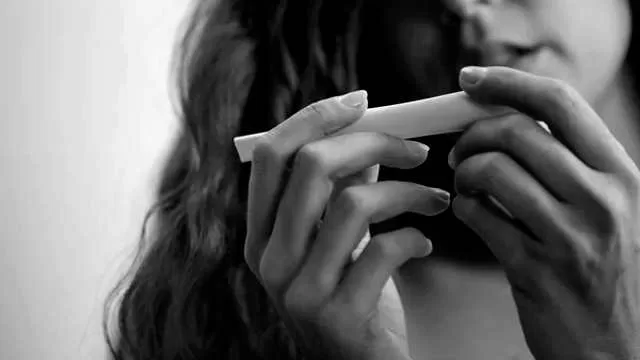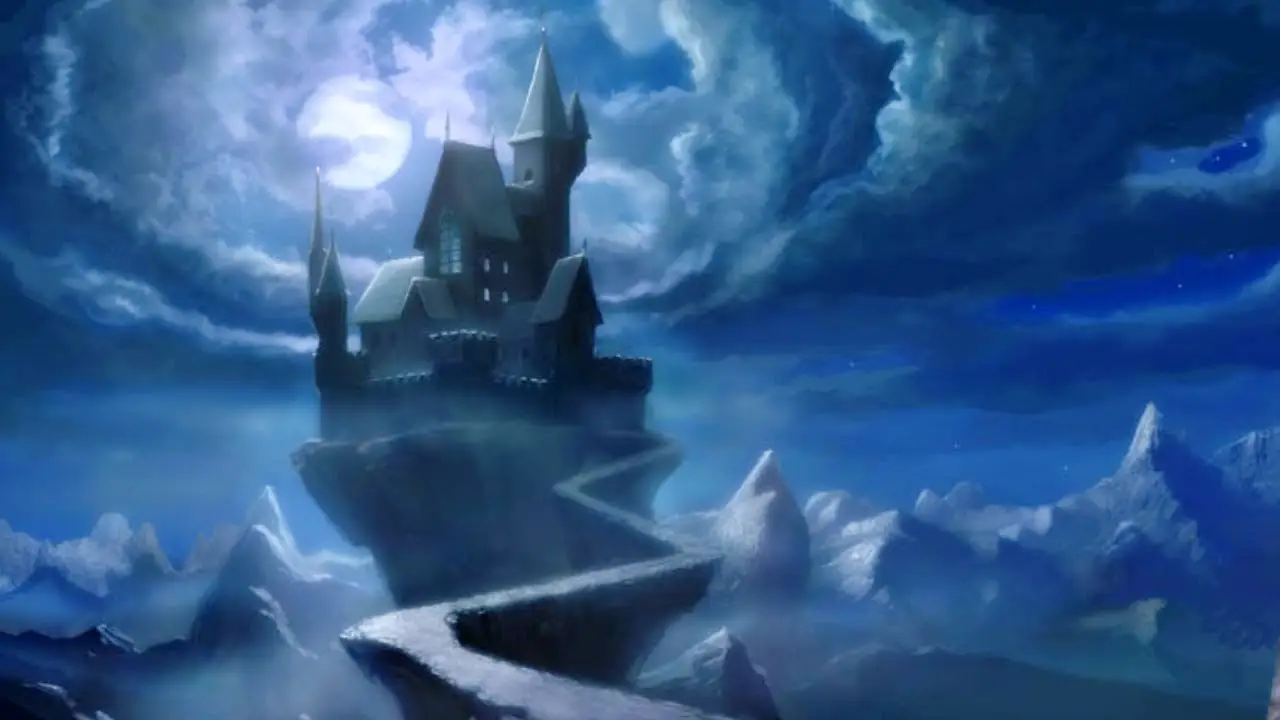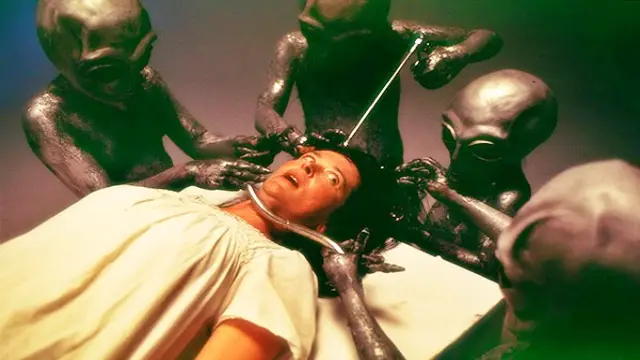n
n
n
n Early in the Eighteenth century,nFrench missionaries were spreading propaganda among the Native Americans thatnJesus Christ had been born in Paris and had been crucified in London by thenbarbarous English. In a bid to counter these lies, Queen Anne invited fourn‘Indian Kings’ of the Mohawks to London and sought to impress them with thenmagnificence of Buckingham Palace and the sights in the capital. The Four Kingsnwere an immediate sensation – when they went to a theatre production of Macbeth,nthe audience demanded that they were seated on chairs on the stage, in order tonsee them better.
n
n
n
n
n
n
 |
| The Four ‘Indian’ Kings |
n
n
n
nBut in 1712, a street gang calling themselves The Mohocksnbegan a reign of terror on the streets of London. These street gangs werennothing new in the city – Jacobean gangs called the Muns, the Tityre Tus, thenHectors or the Scowerers terrorised the population with their nocturnalnactivities. These gangs, or clubs as they preferred to call themselves, werencomposed of violent young bullies who would drink to excess, break up property,nassault people on the streets and generally wreak havoc wherever and whenevernthey could. One group, the Nickers, would break windows by hurling handfuls ofnhalfpennies at them. In 1711, a new ‘club’ called the Hawkubites came to thenfore. They were noted for their extreme violence and it was rumoured that theynwere upper-class rakes who used their money and connections to remain beyondnthe reach of the law. But their savagery was nothing to that of the Mohocks.
n
n
n
nAnne Johnson, Lady Stafford, wrote in a letter of March 11th 1712,
n
n
n“…nHere is nothing talked about but men tbat goes in partys about the street andncuts people with swords or knives, and they call themselves by som hard namenthat I can nethere speak nor spell.”n
n
n(Wentworth Papers)
n
n
n
n
n
 |
| Sir Richard Steele |
n
n
n
nIn The Spectatornfor March 10th 1712, Richard Steele wrote,
n
n
n“They took care tondrink themselves to a pitch beyond reason or humanity, and then made a generalnsally, and attack all who were in the streets. Some were knocked down, othersnstabbed, and others cut and carbonadoed.”n
n
n
n
 |
| Daniel Defoe |
n
n
n
nDaniel Defoe (author of RobinsonnCrusoe) wrote,
n
n
n“What kind of passion or humour it gratifies, to murdernor wound an unconcerned stranger, who has not given the least affront, is suchna crime that the like of it has not been heard of for some ages in the world.”n
n
nAmong the crimes committed by the Mohocks were ‘tipping the lion’ whichninvolved flattening a victim’s nose to their face and gouging the eyes with thenfingers, ‘tumbling’ by which women were turned head over heels and assaulted,nand the so-called ‘dancing masters’ who surrounded a victim and stabbed them innthe legs with swords. At Snow Hill, an old woman was put in a barrel and rolledndown the hill; carriages were tipped over into rubbish heaps, people –men,nwomen and children alike – were beaten with clubs weighted with lead,nfish-hooks were pushed through cheeks and then the victim was lead about on thenend of the line, people had their nostrils cut with razors.
n
nLady Stafford, in anlater letter, says,
n
n
n“ … they cut of soms nosis, others hands, and severelnbarbarass tricks, without any provocation. They are said to be young gentlemen,nthey never take any money from any.”n
n
n
n
 |
| Dean Jonathan Swift |
n
n
n
nJonathan Swift (Gulliver’s Travels)nwas terrified of them, and was said to be one of their intended victims,
n
n“Mynman tells me that one of the lodgers heard in a coffeehouse, publickly, thatnone design of the Mohocks was upon me, if they could catch me … I came home inna chair, for fear of the Mohocks.”
n
n(Letter to Stella, March 12thn1712),
n
nand
n
n“… young Davenant was telling us at court how he was set upon bynthe Mohocks, and how they ran his chair through with a sword. It is not safenbeing in the streets at night for them. The bishop of Salisbury’s son is saidnto be of the gang. They are all whigs.”
n
n(Ibid. March 8th)
n
n
n
n
n
 |
| John Gay |
n
n
n
nJohn Gay (The Beggar’s Opera) wrote a tragic-comic play called ThenMohocks (1712) –
n
n
n
n
n“We will scower the Town,n
nKnock the Constable down,n
nPutnthe Watch and the Beadle to fight:n
nWe’ll force all we meetn
nTo kneel down at ournFeetn
nAnd own this great Prince of the Night.”n
n
n
n
nA Royal Proclamation of Marchn17th 1712 offered a bounty of £100 for the capture of a Mohock. Annanonymous pamphlet (actually written by Jonathan Swift) with the wordy title “AnnArgument, proving from History, Reason, and Scripture, that the present Race ofnMohocks and Hawke-bites are the Gog and Magog mentioned in the Revelations; andntherefore that this vain and transitory World will shortly be brought to itsnfinal Dissolution. Written by a reverend Divine, who took it from the Mouth ofnthe Spirit of a Person who was slain by the Mohocks,” contained the lines,
n
n
n
n
n“From Mohock and fromnHawkubite,n
nGood Lord, deliver me!n
nWho wander through the streetsnat night,n
nCommitting cruelty.n
nThey slash our sons withnbloody knives,n
nAnd on our daughters fall;n
nAnd if they murder not ournwives,n
nWe have good luck withaln
nCoaches and chairs theynoverturn,n
nNay, carts most easily;n
nTherefore from Gog and Magog,n
nGood Lord, deliver me!”n
n
n
n
nSome commentators began tonquestion the existence of the Mohocks,
n
n
n“Others are apt to think that thesenMohocks are a kind of Bull-Beggars, first invented by prudent married Men, andnMasters of Families, in order to deter their Wives and Daughters from takingnthe Air at unseasonable Hours; and that when they tell them the Mohocks willncatch them, it is a Caution of the same nature with that of our Fore-fathers,nwhen they bid their Children have a care of Raw-head and Bloody-bones.”n
n
n(The Spectator, April 8th 1712)
n
n
n
nOthers accused Whigs seeking anStuart restoration of orchestrating the attacks to undermine public confidencenin the law and the governments’ ability to handle a crisis. A satirical balladnof the day says,
n
n
n
n
n“You wicked Whigs!n
nWhat can you mean?n
nWhen will your plotting cease,n
nAgainst our most renowned Queen,n
nHer Ministry and peace?n
nYou sent your Mohocks nextnabroad,n
nWith razor’s arm’d, and knives;n
nWho on whom night-walkers makeninroad,n
nAnd scared our maids and wives:n
nThey scoured the Watch, andnwindows broke,n
nBut ‘twas their true intent,n
n(As our wise ministry did smoke,)nn
nT’ o’erturn the Government.”n
n
n
n
nShortly afterwards, the attacksnceased almost as quickly as they had started. Some say that they never happenednin the first place, and were the invention of the sensationalist pressnpandering to public fears (think of a proto-Daily Mail’s coverage of asylumnseekers). Others have said that the £100 bounty was too great an incentive fornvigilantes, which made potential perpetrators think better of risking theirnliberty.
n
n
n
nOne telling incident is the case of the assault made on John Bouch, a watchman,nwho was beaten in Essex Street, just off The Strand. Of the eight men whonattacked him, three ran away but were later captured and handed into thencustody of John Salt, high constable of the Westminster division, whoninexplicable released them (for which malfeasance he was dismissed). Fournothers, Sir Mark Cole (a baronet), Captain John Reading, Robert Squibb (angentleman of Lincoln’s Inn) and Hugh Jones (Cole’s servant) were brought toncourt on June 6th 1712, where they argued that they were ‘scourers’,nattempting to rid the streets of Mohocks. The jury begged to differ, and foundnthem guilty, and for the charges of assault and riot they were each fined threenshillings and fourpence (a tiny sum for men of such means). At the same court,nmen and women convicted of petty property offences were sentenced to stand innthe pillory or to be whipped at the tail of a cart.
n
n
n
 |
| Viscount Hinchingbroke aged 8 |
n
n
n
nEdward Richard Montagu,n(Viscount Hinchingbroke – son of the 3rdnLord Sandwich), was also arrested and spent the night in the Round House. Thennext year, he was elected as Member of Parliament for Huntingdon, and laternbecame Lord Lieutenant of Huntingdonshire and a colonel of the 37thnRegiment of Foot. One law for one, one law for another? You decide.
n
n
n
n



















